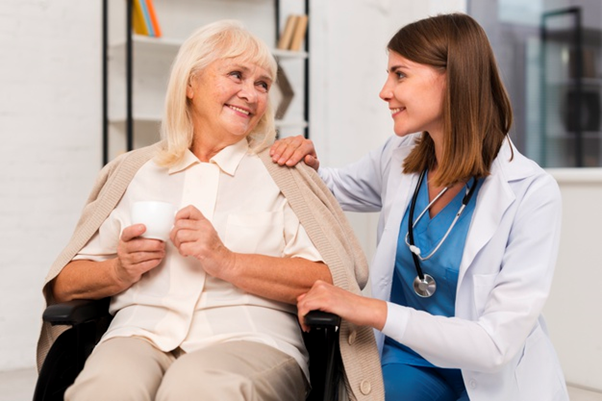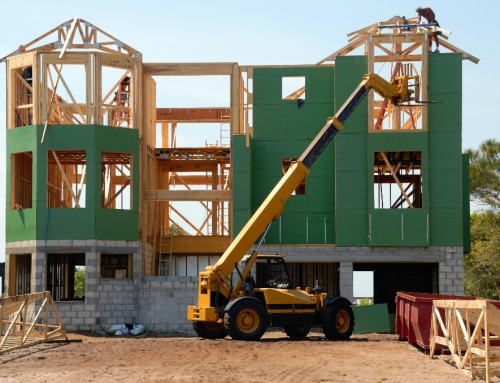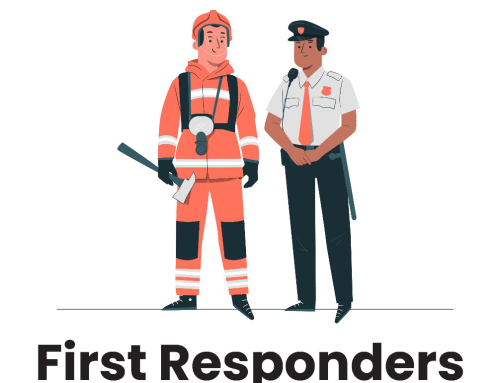Accidents and injuries can happen to anyone, but as you get older, they tend to have a more significant impact on you.
Injuries sustained by the elderly have severe physical and psychological impacts. These include a decrease in confidence and a fall in self-esteem. Studies show that injured seniors slow down their daily activities and withdraw from social activities because of the anxiety of another accident.
Care-givers, thus, have to be prepared to deal with a variety of issues. Here are some of the most commonly occurring health issues older patients face—followed by first aid tips on how to address them.
Cuts and Scrapes
As you grow older, your skin becomes thinner. This means that you’re more susceptible to heavy bleeding, even with a minor cut or scrape.
If you’re dealing with a small cut, start by removing any dirt from the area with water or a damp washcloth. Elevate the area that’s bleeding and apply a bandage firmly. Keep an eye out for signs of infection—such as redness or inflammation of the area.
Broken Bones
With age, our bones naturally become weaker and turn brittle. Even slight pressure to a bone can cause it to snap, which is why fractures are quite common among the elderly.
When administering first aid for a broken bone, make sure you don’t move the person. Then using a splint, prevent any movement of the broken area in particular.
Take a cold pack and cover it with a clean cloth. Gently press it on the injured location—for no more than 15 minutes at a time—to minimize the pain.
Prone to Falls
There are several reasons why elderly persons are more prone to falling. These include:
- Impaired vision
- Decreased stability
- Weakness in legs
- Fatigue
- Medical conditions that cause dizziness
If you see that an older person has fallen, help them up into a comfortable position. Ice the area to relieve pain. If the pain doesn’t subside and you see severe bruising, then call a doctor immediately.
Cardiovascular Issues
Geriatric patients are also at a higher risk of heart attacks. According to the Public Health Agency of Canada, age is one of the main risk factors that contributes to the number of heart-attack related deaths. Symptoms of heart attacks include shortness of breath, cold sweat, and an aching sensation in your chest.
If you think someone is experiencing a heart attack, call an ambulance immediately. Start CPR if they aren’t breathing.
Metro Safety Training offers Red Cross basic life support training, which includes CPR and AED training. Our first aid training courses in British Columbia has three levels, each designed for individuals with different levels of expertise.
To find out more about training in your area, call us at 604-521-4227 or fill in this short form.







